Interesting article yesterday from SI about some conferences trying to get the US Congress to fix things. Below are some parts of it
SEC, Pac-12 to Pitch Senate on NIL Legislation, Athletes’ Employment Status - https://www.si.com/college/2022/05/0...ployment-pitch
SEC, Pac-12 to Pitch Senate on NIL Legislation, Athletes’ Employment Status - https://www.si.com/college/2022/05/0...ployment-pitch
Amid unrest within college sports, two Power 5 commissioners are traveling to the nation’s capital to lobby lawmakers for the creation of federal legislation to regulate name, image and likeness (NIL), a U.S. Senate aide told Sports Illustrated on Wednesday.
On Thursday, Pac-12 commissioner George Kliavkoff and SEC commissioner Greg Sankey will meet with U.S. senators on Capitol Hill to fight for a congressional mandate to regulate what has evolved into the NCAA’s latest festering problem. Sankey and Kliavkoff, two of the industry’s most influential leaders, are teaming up to encourage lawmakers to pass an NIL statute. They are also expected to seek senators’ help in preventing what they believe is another potential issue looming for college sports: employment status for college athletes.
On Thursday, Pac-12 commissioner George Kliavkoff and SEC commissioner Greg Sankey will meet with U.S. senators on Capitol Hill to fight for a congressional mandate to regulate what has evolved into the NCAA’s latest festering problem. Sankey and Kliavkoff, two of the industry’s most influential leaders, are teaming up to encourage lawmakers to pass an NIL statute. They are also expected to seek senators’ help in preventing what they believe is another potential issue looming for college sports: employment status for college athletes.
The commissioners are seeking a federal solution to NIL, which industry experts believe is the only real solvent for this burgeoning problem. However, many believe it’s a longshot for this year.
Republicans and Democrats failed to agree on legislation last year before a July 1 deadline that saw several states enact laws, forcing the NCAA to ditch its longtime amateurism policy governing athlete compensation. Instead of implementing a permanent NIL policy—out of fear of legal trouble—the NCAA released only vague guidelines that boosters are now skirting.
On Capitol Hill, the disagreement among leaders from the two parties centers on the structure of a bill. While Republicans want a narrow bill that focuses only on NIL, Democrats are supporting more broad legislation—a sort-of college athletes bill of rights that touches on topics such as revenue sharing and long-term healthcare. The two sides could not reach a compromise despite positive movement last May, as SI documented.
Republicans and Democrats failed to agree on legislation last year before a July 1 deadline that saw several states enact laws, forcing the NCAA to ditch its longtime amateurism policy governing athlete compensation. Instead of implementing a permanent NIL policy—out of fear of legal trouble—the NCAA released only vague guidelines that boosters are now skirting.
On Capitol Hill, the disagreement among leaders from the two parties centers on the structure of a bill. While Republicans want a narrow bill that focuses only on NIL, Democrats are supporting more broad legislation—a sort-of college athletes bill of rights that touches on topics such as revenue sharing and long-term healthcare. The two sides could not reach a compromise despite positive movement last May, as SI documented.
In many ways, Sankey and Kliavkoff are taking up a battle that Emmert failed to win. Since December 2019, the outgoing NCAA president has lobbied for a federal solution to combat mounting state laws.
“If you, Congress, want college sports to continue in this fashion over here, we need your help to do that,” Emmert said earlier this spring.
As for employment status, the wheels are in motion for athletes to be deemed as employees of their schools, both in the courts and among leaders of the National Labor Relations Board, something detailed in an SI story earlier this spring.
“If you, Congress, want college sports to continue in this fashion over here, we need your help to do that,” Emmert said earlier this spring.
As for employment status, the wheels are in motion for athletes to be deemed as employees of their schools, both in the courts and among leaders of the National Labor Relations Board, something detailed in an SI story earlier this spring.

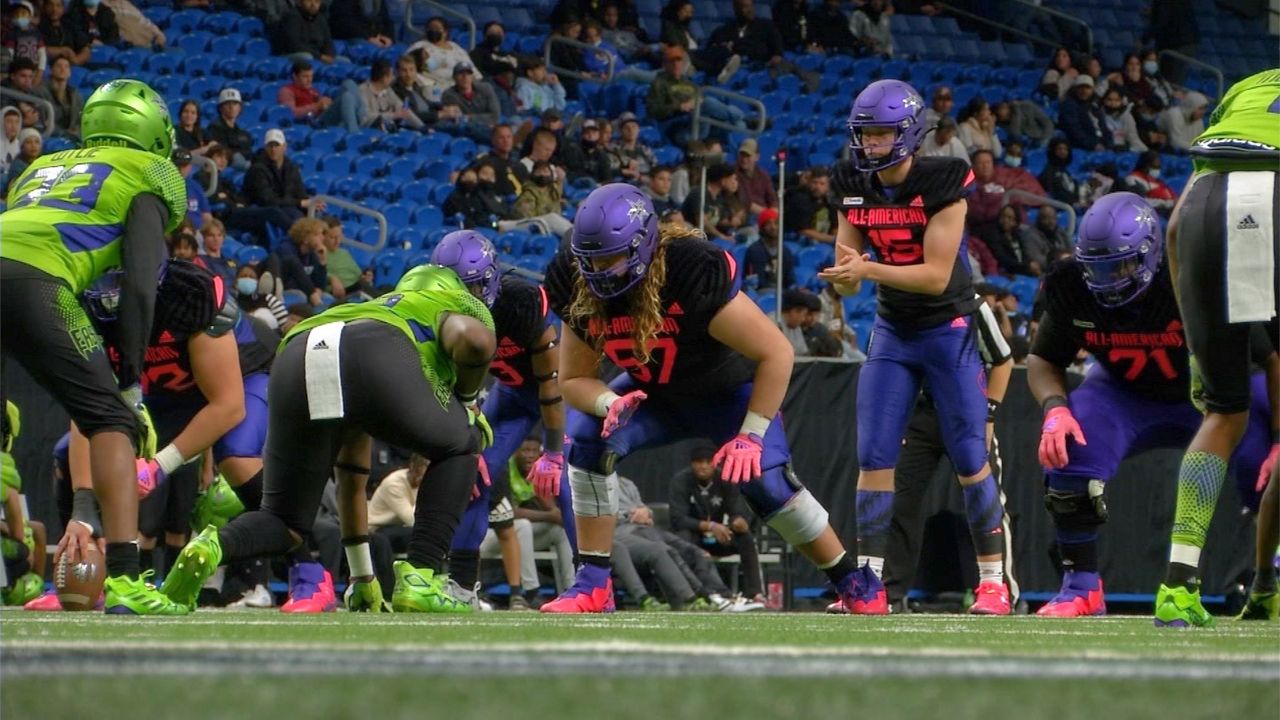
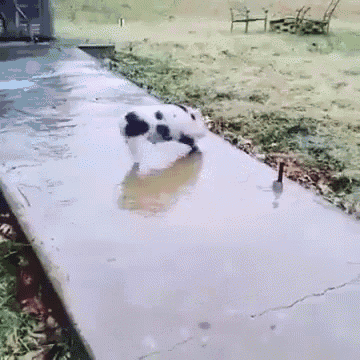
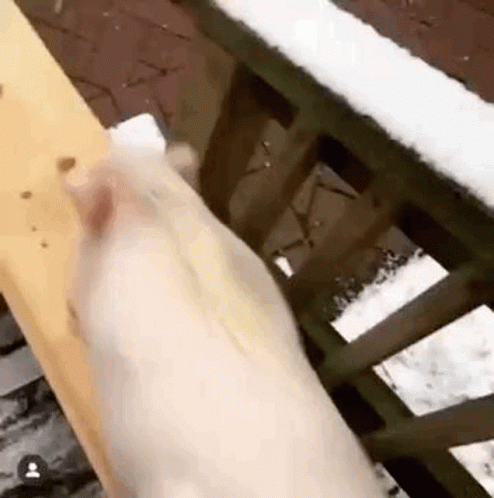
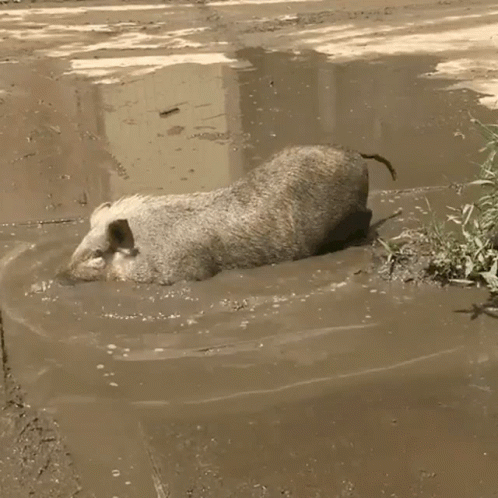
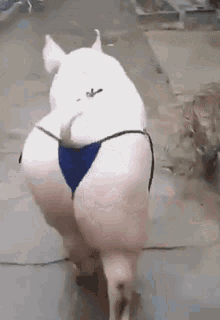
Comment